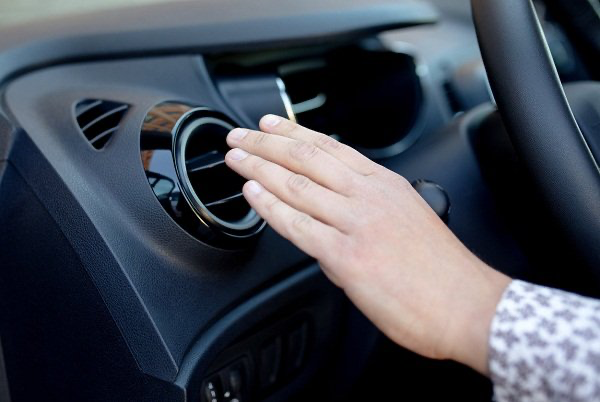Troubleshooting Your Car's Air Conditioning Problems

A smooth summer road trip is a good way to spend time with friends and family. And a functioning air conditioning system is your ticket to comfort during those hot journeys. However, when the cool breeze suddenly vanishes, the ride can become long and uncomfortable. Unraveling the reasons behind a malfunctioning AC can be complex due to the system's intricate components. Below are the common signs that your car's air conditioning might need attention and explore steps to revive its cooling charm.
What are the signs of AC trouble?
In the majority of cases, your AC won't go on strike without a few warning signals. Here are some signs that you need to give your car's AC some tender loving care:
Unusual Noises
If your AC greets you with odd rattling or hissing sounds, it might point to a broken condenser or fan belt. Getting these unusual noises checked out by professionals is crucial.
Warm Air Flow
Feeling warm or hot air instead of the cooling relief you expect? It could indicate issues like low refrigerant, clogged tubes, or even compressor problems. Blown fuses or damaged components might be at play here.
Frequent Cycling
Does your AC switch on and off repeatedly? This short-cycling behavior could arise from electrical glitches, air intake blockages, or a dirty cabin air filter.
Unpleasant Odors
An unpleasant odor, like sweaty clothes or burning wires, can signal a need to change the cabin air filter or address potential mold growth. Timely attention is necessary to prevent these smells from becoming a permanent part of your ride.
Weak Airflow
If the air from the vents feels feeble, it could point to blower problems or a dirty air filter. Proper maintenance can restore the vigorous airflow you're used to.
Water Inside
Discovering water on the floorboards? A clogged drain hose might be preventing proper moisture drainage, leading to condensation buildup inside your car.
How do you diagnose and fix car AC issues?
A vehicle's AC system comprises components like the compressor, condenser, evaporator, expansion valve, and hoses. A non-functional AC might be due to a failure in any of these parts. Explore common issues and their solutions here:
Refrigerant Leaks
Leaking refrigerant is a leading cause of AC troubles. Identifying leaks, often near connection points and seals, is crucial. Once pinpointed, repairs can be carried out.
Low Refrigerant Levels
Even without major leaks, refrigerant levels can drop over time due to micro leaks. A quick recharge can swiftly restore the cooling power of your AC.
Blocked Condenser
If the condenser is blocked or clogged, it can't efficiently cool the refrigerant, leading to hot air blowing. Clearing any debris blocking the condenser can often solve this issue.
Leaking Condenser
When the condenser itself is leaking, replacement is the only solution to restore proper functionality.
Faulty Fans
Broken cooling fans or blown fuses can result in hot air blowing. Replace malfunctioning fans and address fuse issues with ease.
Electrical Glitches
Loose or blown fuses can interrupt the compressor or blower's operation. Fuses are easily replaceable and an essential fix for such problems.
Compressor Woes
Lack of use can impact the compressor. Maintaining its functionality involves running the AC system at full blast for around 15 minutes every few weeks.
Duct Obstructions
Unwanted guests like insects or rodents might be obstructing your ducts. Blowing air through the vents and cleaning your air filter can alleviate this issue.
Dashboard Controls
Ensure your dashboard switches and dials are in good condition, as broken controls can impact your AC's performance.
Conclusion
Whether your AC issue is a quick fix or requires professional attention, regular auto tune-ups are vital for a smoothly operating AC. Scheduled maintenance by qualified mechanics can identify minor concerns before they escalate into costly problems. Keep your family's comfort in mind as you keep your car's AC in top shape.